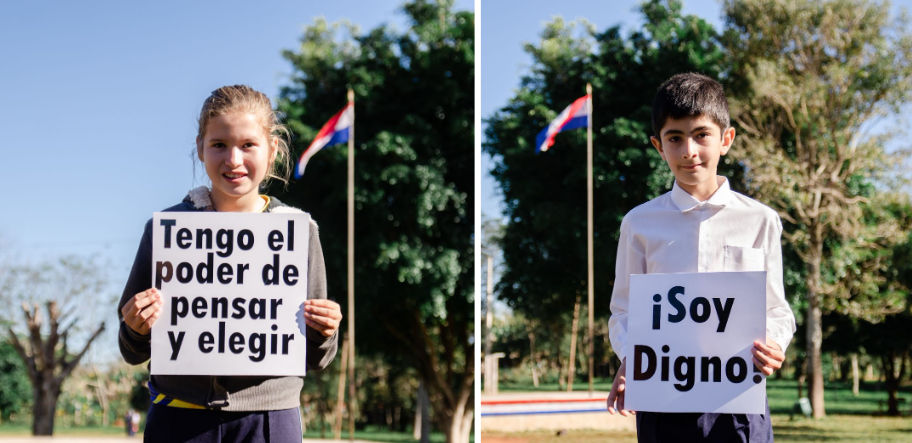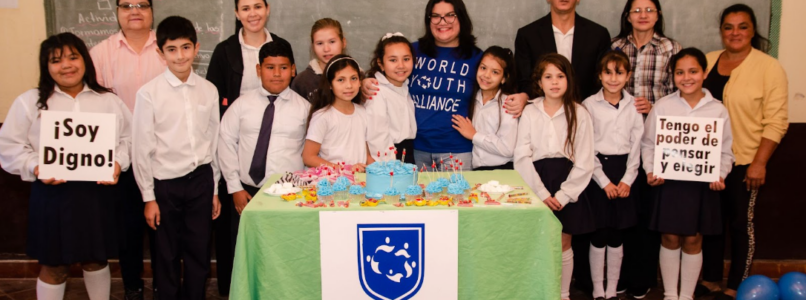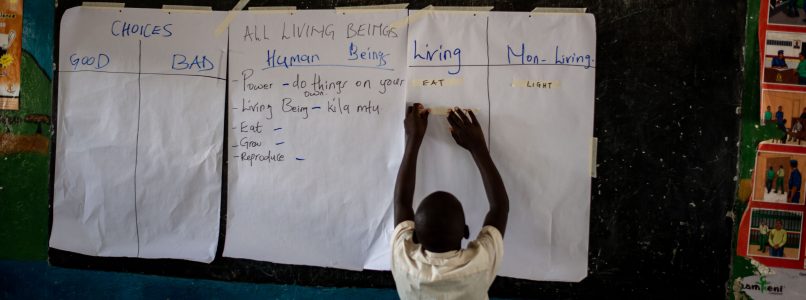Roció Valdez lives in a small town in Paraguay.
There are five schools in the town and she approached each of them to tell them about the Human Dignity Curriculum (HDC). Of these, one gave her permission to present the HDC to the principal of the school and its teachers.
The teachers and the principal loved the idea and gave Roció permission to teach the HDC to the grade three students. Then the pandemic hit.
“At first, students were sent home and school activities were canceled. Then, despite the fact that the school was not allowed to do in-person instruction, the students were told they could go to school on Tuesdays and Thursdays to do the HDC. The reaction of the kids was really great; they were excited about going to the school for a special class and they never missed a class because of how excited they were…”
But after a few lessons, Roció noticed that one of the students was being bullied because of her skin color. “They called her quemadita which means burned.” Roció told the kids not to say this, but they didn’t listen.
“Then, when we talked about the value of human dignity and that we have human dignity even when we have differences, by the end of that lesson, the tone in the room had changed and the students were noticeably more collaborative.”

Students hold signs from the curriculum that read: “I have the power to think and choose” and “I am worthy.”
Due to the popularity of the program, the school asked Roció to teach the HDC to the grade four students the following year. “Post-pandemic, students were experiencing increased difficulty with reading and writing.” To remedy this, the school gave the HDC a two-hour time slot, from 9-11am every Tuesday and Thursday.
“Despite the generous two-hour time slot, the HDC class would still sometimes run for three hours, because the kids would skip their break and eat in the classroom to keep the discussions going.”
“The HDC covers a lot of important ideas that kids don’t usually get to talk about in school,” says Roció. “The questions are interesting and deep, so kids are allowed to show their feelings and be sincere. They like it.
In the lesson on Heroism, the heroes the fourth-grade students selected were their grandparents, their teachers, and Roció. At the end of the class, one student told Roció that thanks to her, he knows he has value.
“There is a lot of poverty, and many of these children are living in a situation where both their parents have left the country in order to try and find work. In these families, the kids are left with their grandparents and often have to grow up quickly, often acting as the parent to their younger siblings. Most kids are sensitive to the topic and don’t want to talk about their parents at all.”
I ask Roció if the kids are surprised to learn that they have human dignity? There is a pause as she wipes away tears. “Yes. At the end of the curriculum, all of the kids cried that the classes were over. HDC gives them back their identity. Because, in the end, the kids understood what human dignity is and that they were really valued. And it made them so happy.”
Take a look at what educators are saying about the Human Dignity Curriculum!



